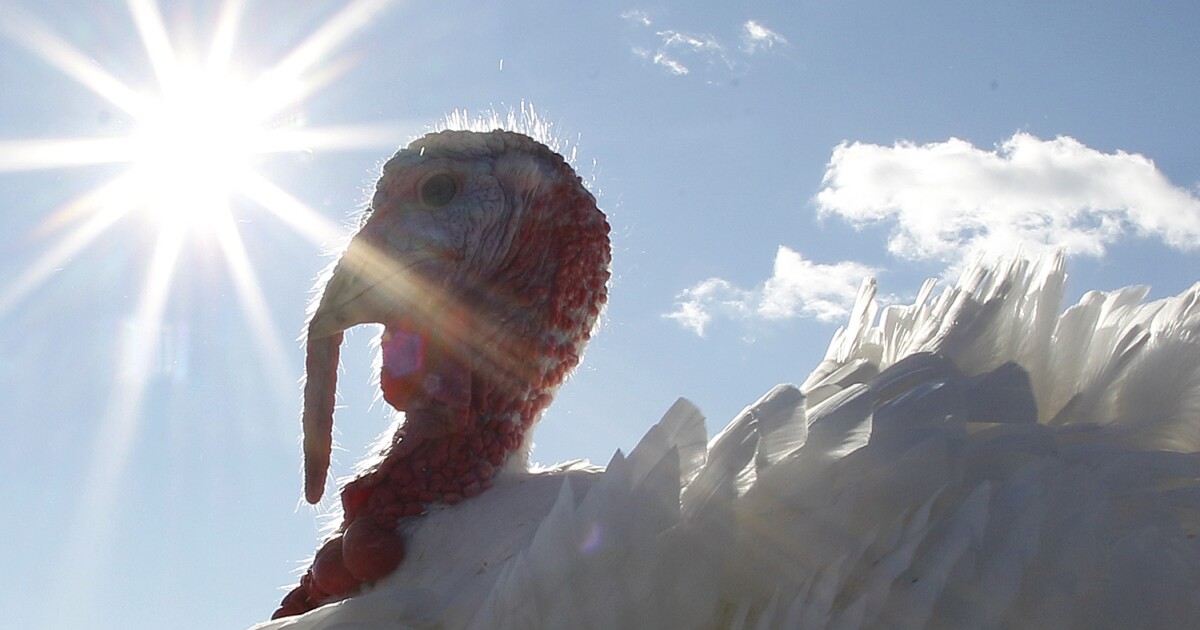It is fascinating to consider these childhood memories that are seemingly random, but remain vivid and meaningful long into adulthood.
I am not talking about our memories of significant events: weddings, births, funerals, graduation ceremonies. No wonder I can bring up the scene of dad coming back to mom’s side at the hospital, delivering the news of the last unborn brother. Or by the time Mom came home from the hospital, her maternity gown indicating her advanced pregnancy and her glassy eyes, to tell me that daddy was dead. It was a beautiful April morning. I remember it because time seemed like a mockery to me when I was 11; it should have been dark and stormy.
Opinion columnist
Jackie Calms
Jackie Calmes brings a critical look to the national political scene. She has decades of experience covering the White House and Congress.
No, the lasting memories I’m referring to are those that attach and persist for no apparent reason, things that simply “make an impression,” as the appropriate saying goes. One of these memories in particular comes back to me often around Thanksgiving Day. This is the exhortation I have heard more than once from great aunts and uncles at large family gatherings, delivered with the utmost seriousness but perhaps with a hint of teasing to the little girl before them: “There are two things you don’t discuss in large groups,†they would tell me. “Politics and religion”.
I don’t remember them explaining their so-called words of wisdom, or that I asked. But I thought about it a lot. I thought the adult advice mainly reflected that we were Catholics in a predominantly Protestant community, many of whom apparently thought we Catholics and our rituals were strange, even subversive.
My awareness of anti-Catholic animosity came from an earlier random memory, one that was probably my introduction to politics: At the age of 5, I had once crouched out of sight of a few grown parents who had gathered. around a table, listening as they complained about how Democratic presidential candidate John F. Kennedy would likely lose just because he was Catholic. And Irish, like most of us. The German descendants of the family had their own reason to be wary of politics: they spoke of an anti-German sentiment so deep in Ohio during World War I that the state banned the teaching of the language.
Not all members of the extended family were Democrats. There were Republicans among most of the older people who stayed on the farms and small towns of northwest Ohio after World War II. But many in their children’s generation, including my parents, had come to the big city of Toledo and tended to vote Democrats. This split, as well as our faith, probably explained the family rule forbidding political talk.
I certainly ended up breaking this rule. I made a living talking to people about politics, religion and anything that explained their views on our messy democracy.
Such remarks sometimes invited inconvenience of the kind that my elders sought to avoid. During my first job at a West Texas newspaper, I was finishing an interview when the man said he would like to fix me up with his son. The man suggested that maybe we could all go to church together. “Where do you worship?” ” He asked. It turned out to be a litmus test. When he learned I was Catholic, he awkwardly ended this conversation, noting that the only Catholics he knew were “the Mezcans”.
Most of the time, however, I loved the license journalism gave me to be a busy person, asking the very kinds of personal questions I had been warned about. I didn’t want to take sides; I wanted to understand how and why people came to believe what they do, and share this idea with readers and viewers.
Politics is not a beanbag, as the saying goes, and yet no matter how divisive the subject is, my discussions with politicians and constituents from all points of the spectrum have been enjoyable and informative for many years. years. Correspondence from critics was generally civil.
That started to change in the ’90s, amid the rise to power of Republican Newt Gingrich in Congress, the birth of Fox News, the expansion of talk radio, and the polarization of our politics.
More and more, it seemed like politics was all a lot of people wanted to talk about, and religion too, but with less civility, more hostility. Social networks have amplified things. Donald Trump has energized the trend with his questioning of the birth of President Obama in the United States, his call to ban Muslims and much more once he became president.
I have come to appreciate my communications with readers a little less because most of the letters addressed to me were secular; I once gave the Secret Service a letter that was left on my porch because it was so threatening to Obama (and me). I avoided talking openly about politics at family and social gatherings. Ahead of a niece’s wedding in October 2016, some of us, including our matriarch, snuggled up in a bedroom to discuss the new video of Trump’s vulgar and misogynistic exchange with the former host of “Access Hollywood” Billy Bush. We didn’t want to argue with those close to us who support Trump, mainly the men, and ruin the opportunity.
The nation’s divisions have only worsened after four years of Trump’s presidency and a year of lies about his loss. When family members find themselves on opposing sides, the conversation about politics shouldn’t be served at the holiday table. My grandparents’ generation was right, I’m sad to say that. Avoid the subject if it turns out to be unappetizing.
Savor the good things.

